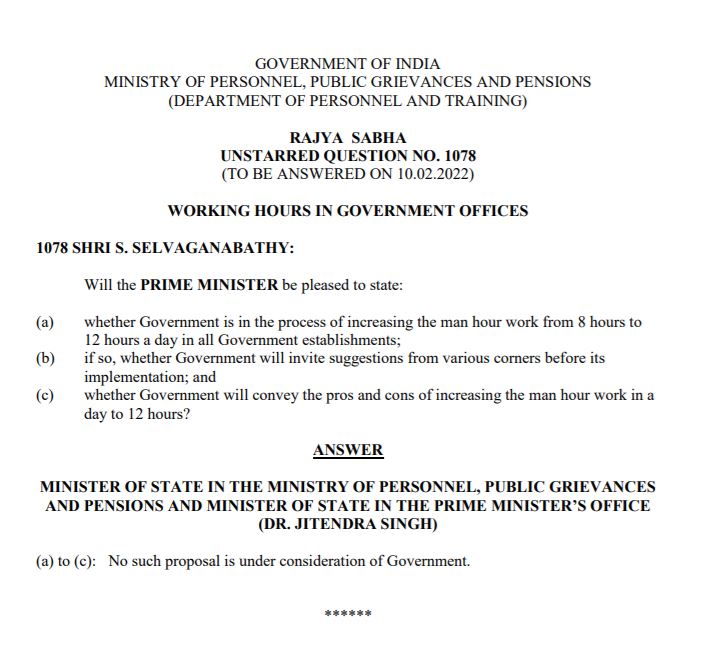As per the Income Tax Rules, the following Tax Deductions are allowed to all the central government employees in NPS
A deduction is an expense that can be subtracted from a taxpayer’s gross income in order to reduce the amount of income that is subject to taxation.
Table of content
- Income Tax benefits under NPS
- Rs.50000 Deduction under 80CCD(1B)
- Tax benefits on NPS partial withdrawal
- Tax Benefit for Tier II Account
- Tax benefit on Annuity purchase under NPS
- Tax benefit on lump sum withdrawal from NPS
- Income Tax Rules in respect of Deduction under NPS
Income Tax benefits under NPS
What are the tax benefits under NPS?
Any individual who is Subscriber of NPS can claim tax benefit under Sec 80 CCD (1) with in the overall ceiling of Rs. 1.5 lac under Sec 80 CCE.
Income Tax deduction up to Rs.50000 for NPS under 80CCD(1B)
Exclusive Tax Benefit to all NPS Subscribers u/s 80CCD (1B)
An additional deduction for investment up to Rs. 50,000 in NPS (Tier I account) is available exclusively to NPS subscribers under subsection 80CCD (1B). This is over and above the deduction of Rs. 1.5 lakh available under section 80C of Income Tax Act. 1961.
How to make the Investment to avail the Tax Benefit ?
If you are an existing Subscriber, you can approach any POP-SP or alternatively you can visit eNPS website (https://enps.nsdl.com) for making additional contribution in your Tier I account.
Please note: Tax benefits are applicable for investments in Tier I account only.
What will be the investment proof to avail the tax benefit under NPS?
The Subscriber can submit the Transaction Statement as an investment proof. Alternatively, Subscriber from “All Citizens of India” can also download the receipt of voluntary contribution made in Tier I account for the required financial year from NPS account log-in. It can be downloaded from the sub menu “Statement of Voluntary Contribution under National Pension System (NPS)” available under main menu “View” in NPS account log-in.
Tax Benefit under NPS apart from available u/s 80CCD
What are other tax benefits under NPS apart from available u/s 80CCD?
Apart from tax benefits available under 80CCD, below are the other tax benefits available under NPS:
Tax benefits on NPS partial withdrawal
Subscriber can partially withdraw from NPS tier I account before the age of 60 for specified purposes. According to Income Tax Rules, amount withdrawn up to 25 per cent of Subscriber contribution is exempt from tax.
Any partial withdrawal from NPS shall be exempt to the extent of 25% of amount of contributions made by the employee.
Tax benefit on Annuity purchase under NPS
Amount invested in purchase of Annuity, is fully exempt from tax. However, annuity income that you receive in the subsequent years will be subject to income tax.
Tax benefit on lump sum withdrawal from NPS
After Subscriber attain the age of 60, up to 40 percent of the total NPS corpus withdrawn in lump sum is exempt from tax.
For example: If total corpus at the age of 60 is 10 lakhs, then 40% of the total corpus ie 4 lakhs, you can withdraw without paying any tax. So, if you use 40% of NPS corpus for lump sum withdrawal and remaining 60% for annuity purchase at the time of retirement, you do not pay any tax at that time. Only the annuity income that you receive in the subsequent years will be subject to income tax.
No Tax Benefit for Tier II Account
What are the tax benefits on investments under Tier II account?
There is no tax benefit on investment towards Tier II NPS Account.
NPS structure: The NPS scheme is structured into Tier-I and Tier-II accounts:
Tier I – It is a non-withdrawable account meant for retirement. Now partial withdrawal up to 25% is allowed for specific reasons [ See NPS partial Withdrawal Instructions]
Any contribution made to this account is eligible for tax benefits.
Tier II – It is a voluntary withdrawable account that can be opened by only those who have an active Tier I account. The subscriber can also withdraw from the account as per requirement. It works like a bank savings account. There is no tax benefit for the investment in Tier II account
Income Tax Rules in respect of Deduction under NPS
The Income tax Deduction available for NPS under the following Section of Income Tax Rules
1.Contribution to Pension Scheme (NPS) notified by the Central Government (Subject to certain conditions). Note:- Deduction under section 80CCD(2) on account of contribution made by the employer to a pension scheme is not subject to ceiling limit of Rs. 1,50,000 as provided under section 80CCE.
Amount contributed to pension scheme or 10% of salary/gross total income*, whichever is less (subject to ceiling limit of Rs. 1,50,000 as provided under Section 80CCE) shall be allowed as deduction under section 80CCD(1).
Addition deduction of Rs. 50,000 shall not be allowed in respect of contribution which is considered for deduction under section 80CCD(1), i.e., limit of 10% of salary/gross total income
Any payment from NPS to an assessee because of closure or his opting out of the pension scheme is exempt to the extent of 60%. However, with effect from the assessment year 2017-18, the whole amount received by the nominee from NPS on death of the assessee shall be exempt from tax.
Any partial withdrawal from NPS shall be exempt to the extent of 25% of amount of contributions made by the employee.
Additional deduction to the extent of Rs. 50,000 shall also be available to the assessee under section 80CCD(1B). The additional deduction is not subject to ceiling limit of Rs. 1,50,000 as provided under Section 80CCE.
Contribution made by employer shall also be allowed as deduction under section 80CCD(2) while computing total income of the employee. However, amount of deduction could not exceed 14% of salary in case of central Govt. employees and 10% in any other employees.
*10% of salary in case of employees otherwise 20% of gross total income.
Income Tax Deductions under NPS
| Deductible | Maximum limit | Section |
| Mandatory deduction from salary towards NPS Tier I | Rs.1.5 lakh | 80CCD (1) |
| Mandatory contribution towards NPS by employer | 14 % of basic salary | 80CCD (2) |
| Voluntary contribution towards NPS made by employee | Rs.50,000 in Tier I | 80CCD (1b) |

